This is the first part of a series but can be read independently. Part 2 is titled “why you can't curate well and no one else can either” and Part 3 is titled “if you want a sense of self, make something”. Enjoy, scaredies <3
Is it normal to feel like you’re being swallowed whole on a daily basis?
The internet has got me in the worst Jonah and the Whale situation I have ever experienced, especially when it comes to figuring out what I like. Every time I think I have my finger on the pulse, it moves.
Historically, the wealthy guided our Taste — and with the amount of consumption in late-stage capitalism — they still do. Their cabinets were our exhibits - asymptotes of what we could procure with their wealth and status.
It isn’t a coincidence that the first wave of The Democratization of Taste rose with the democratization of creativity. Before the 18th century, Taste equated virtue. You understood something moral others didn’t. Taste was immutable.
Someone had Taste. Something was tasteful.
The Enlightenment Era saw to it that Taste got a revamp. It was no longer in the hands of the fiscal elite but the intellectual. Philosophers like David Hume and Immanuel Kant told us Taste could be built through reason, education, and exposure.
You could have it too, they propagated.
The rise of the public sphere created new spaces where individuals from the burgeoning middle classes could engage in discussions about art.
Taste wasn’t innate anymore.
It could be deliberated. It could be changed. And most of all, it could be different.
The Industrial Revolution in the 18th century confused everyone even more. Inundated by foreign products, the Elite lacked central authority to dictate what was good. Everyone became a wanderer in the sea of consumption.
Sound familiar?
The second wave of Taste Democratization is now.
The age of the internet makes everyone a tastemaker. With all the new access we have we are trying desperately not to drown. The best of us are barely above water.
But, why is it, that with all the resources at our disposable, we still find it difficult to find things for ourselves?
finding the signal
When given the task of being your own tastemaker, most often than not, we fail. The sad truth is, we still seek a signal that our Taste is laudable. Like bright red ribbons tied to trees, our self concept aches for an indicator that we are on the right path.
In an era where authenticity is currency, the pressure to build your own paradigm is paralyzing. We’ve gone as far as to convince ourselves that it isn’t worth our time.
Taste, however, doesn’t just stop at the arts. It extends into our politics, our relationships, and ultimately the things and people we choose to keep in our lives.
While we strive to craft our own tastes, we also crave external validation — looking to others to tell us our Taste is “correct", current, and since the 18th century, virtuous.
That’s precisely why virtue signalers are so up right now.
They basically got the green light to give us the green light on just about everything. We currently think the opposite of the 18th, that someone with virtue is someone with good Taste. God forbid a girl has interests outside of saving the world and being the beacon of everything good!
Virtue has become an aesthetic, and we are performing belief in order to belong. In the absence of stable cultural authorities (yay cancel culture), signals are legible and socially rewarding.
It is a moral scaffolding that makes us feel like we are in the encampments when we really are just photographers of the scene.
Broadcasting alignment is the new cheat code.
getting cancelled
Virtuousness is binary. You’re either good or you’re absolutely not.
Nuance has no room here, and we are stuck being forced to choose between being tasteful or being utter garbage, trash, worst person in the world.
Shortcuts thrive here. We don’t care about if we are actually in the right because our fear becomes displaced. We aren’t afraid of being stupid, just that people might think we are.
So we steal.
Let’s also talk about the fact that we lack varied curators nowadays too. Why is everyone linking me to the same songs? The same films? The same bloomers everyone and their mom is wearing? Even our guides are scared of their cancellation arc. (Part 2 on this soon ;) )
Realistically, how are we supposed to be tastemakers when we are all just searching for a signal that might never come?
we can’t critique anymore
When Immanuel Kant said that Taste is meant to be critiqued, deliberated, and reasoned he was not lying. We just kant do that.
Patience thin as a g-string, we lack the willingness to deliberate and critique: something The Democratization of Taste necessitates. Everyone is shitting on Katie Fang’s Coachella Day 1 outfit (it wasn’t even that bad), everyone’s a Cory Booker lobbyist, and everyone suddenly is okay with Trisha Paytas cause she’s likeable(?) We overcorrect by navigating to the extremes.
The signal is what we seek to see if we are at the right pole. Platforms like TikTok are at an all-time high because we effectively dissect every individual experience we have. The phrase “I’ve never had an original thought” prevails as a proverbial hand-raise from you in the audience.
You need to be validated on stage before you give credence to your own life.
Taste is the African Savannah in the room that no one chooses to acknowledge. The lack of research and the intrinsic want to see things for ourselves plagues us with an untreatable disease.
Our critiques, when we do them, are möbius strips. They are someone else’s words packaged as our own, claiming to be a new take. Who knows where they got their words from? We lack the discernment now to even pull it apart to know if we are hearing echoes or the source of new sound.
The bigger question is: do we even care?
influencers aren’t helping
The modern arm of capitalism (how smart is she omg) is an influencer.
In a world where we don’t read or research anymore (researching on TikTok does not count), influencers dictate Taste. Peddling products to the masses and armed with affiliate links, their entire job predicates on their incumbency in the House of Taste. We trust them an awful lot for people whose entire job is to be re-elected.
Sure, there are ethical influencers - most of them are people of color that don’t get the same opportunities despite their more honest reviews - but finding them is like searching for a text in a group chat that never stops talking.
Our trust in influencers can be misguided, led by a feedback loop of them selling things out of stock which in turn makes us believe that products are worth our money.
SkincarebyHyram, count your days.
At some point you are going to have to resign to the fact that a Taste rebellion is the same as an insurrection of capitalism. With the trajectory we are at, individual impact is really where we can make a change without getting unbelievably exhausted.
why this is bad
Originality dies at the altar of the algorithm. Platforms reward engagement and sameness, not insight. The loudest voices drown out thoughtfulness in droves - Taste becomes mimicry. And mimicry is simply conformity wearing a body-con dress.
We are watching the same shows, accounts are made to take screenshots of the same tweet to put on Instagram, and we are all wearing those damn bloomers! Monoculturism precedes a descent into fragility we should be scared of.
In theory, the internet should be the anvil of Taste.
In reality, it’s a 10,000 meter cesspool.
We are at the helm of new technology. AI is about to make this wave a hurricane, flooding the world with manufactured content, products, and more noise than it’s ever fathomed.
The only way to brave the storm is to develop real Taste. You have to search. You have to argue. And most of all, you have to get over your fear of disagreement.
The internet is not on your side.
It isn’t pushing you things you like so that you become a better, learnt person. It’s pushing you things to become a better, dumber consumer.
Taste isn’t a byproduct anymore. It’s a responsibility.
how you can get good
Next steps?
Spend your money differently. Pay for depth — instead of paying for clothing or career newsletters, buy journals or the Times. You’re so much more likely to go to the gym if you’re paying $50 a month, same goes for reading The Washington Post.
Talk to people. Learn from experience instead of the internet. If I had employed this strategy, I wouldn’t have microtears and a deep seated hatred of Cerave.
More than anything: flop. Playing around, testing limits, and flopping remain essential to actually figuring out your likes and dislikes. Trying and sucking is the only way to figure out what’s yours.
Let Taste be slow. If the internet is not on your side — your curiosity can be.
Okay, last poll of the day, and I’ll leave you alone. Unbiased of course.
If you answered ‘No’ in spite, we are not the same. At least some of you were strong enough to vote ‘Yes’.




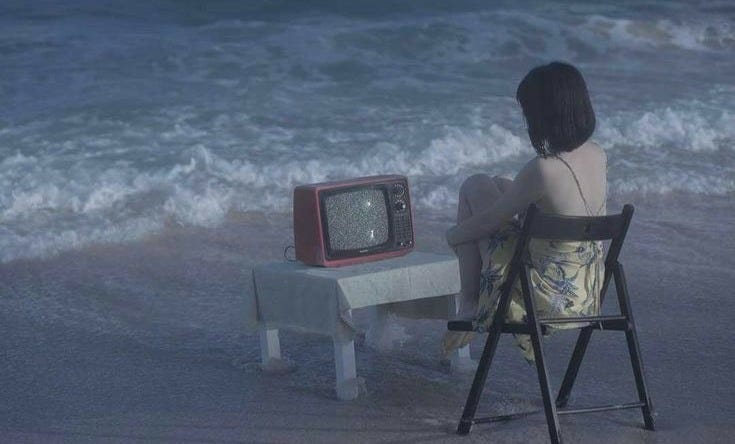



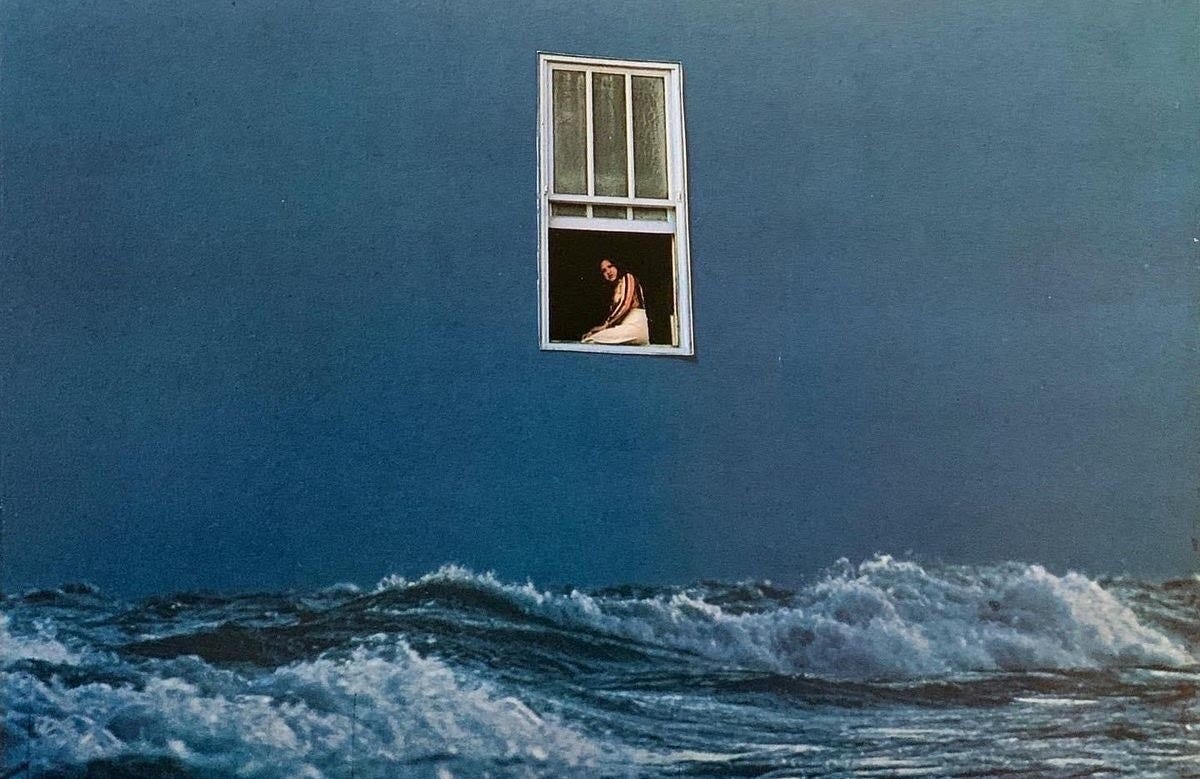
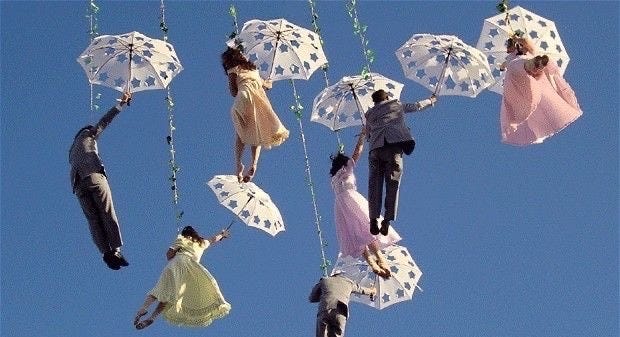
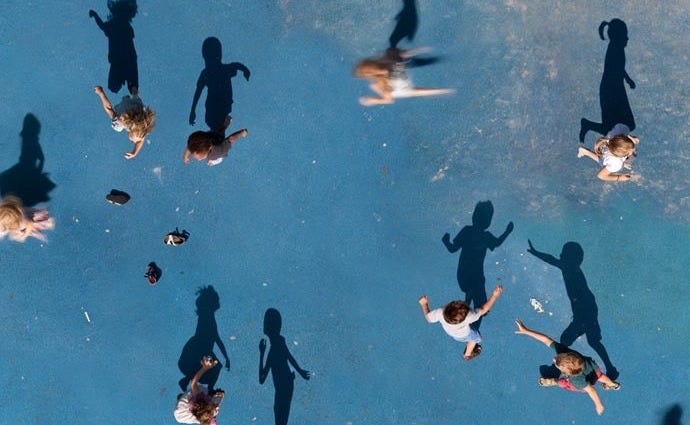
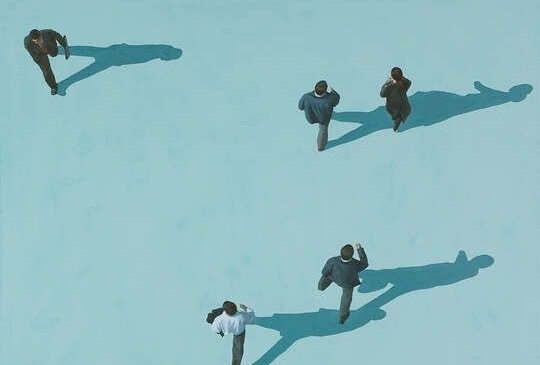
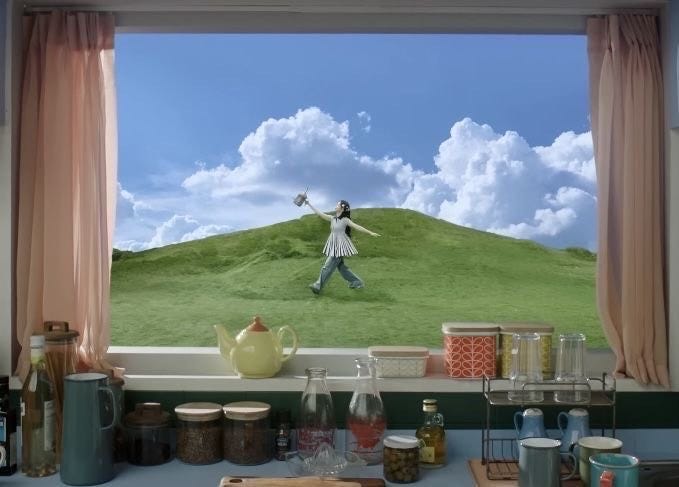
“mimicry is simply conformity wearing a body-con dress.” 👏👏👏👏
but seriously, thank you for putting into words what I’ve felt for so long and couldn’t put my finger on!’
It took me two years to find *the* linen shirt I was looking for. That is cultivating taste and it is HARD.